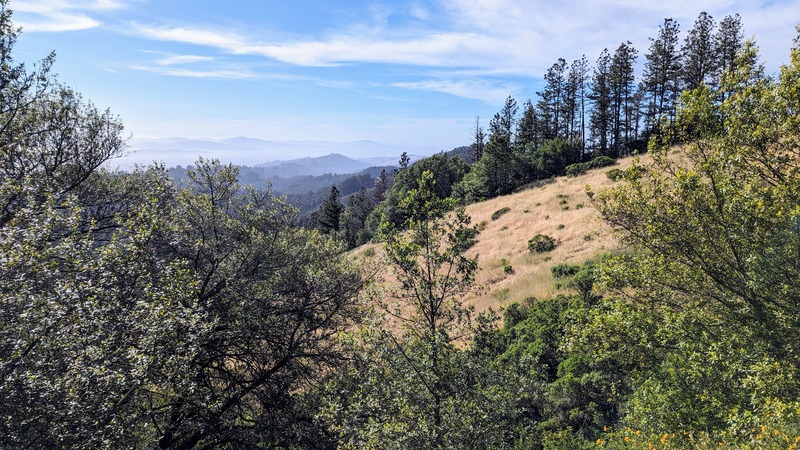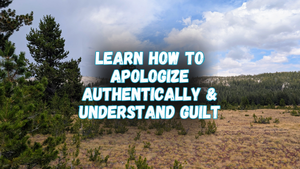I wrote about what having extra breathing room means for my aikido practice, sharing the Japanese word yoyuu meaning something like elbow room, margin, surplus. But like many aikido concepts, I find myself thinking about yoyuu off the mat quite a lot, and what extra breathing room means in terms of work and capitalism.
I’ve observed that capitalism strives to fill up all of our extra room. Most jobs would like to take up all your extra breathing space in your life if you let them.

We talk about full-time jobs as if anyone should be able to do eight or more hours, five days a week. Many full-time jobs require more hours than that. Some people seem to thrive under such a system. We all know someone who’s worked 15 hour days regularly for decades. These people sometimes consider their work their main identity and do well with it.
So, by comparison, if you’re not even able to work an eight-hour day, in my experience, it feels shameful, isolating, and inadequate. It feels like society has judged that I’m not good enough any more. I’ve worked 20 hour days in my life, when I was in college. But my body and mind have changed. I’m no longer able to do that. And I’ve accepted this about myself.
Especially for work that is creative or generative in nature, spending a large number of hours at a set time can be unrealistic. Do you think there is a direct correlation between the number of hours spent stressing over a problem and your productive output? Your boss probably does. Even the words “productive output” are questionable. What does it really mean to be productive?
For most jobs, productive is basically whatever your boss says you should be doing.
But if you’re your own boss, if you’re a freelancer, run your own company, sell products, or teach classes, how do you define your productive output?






